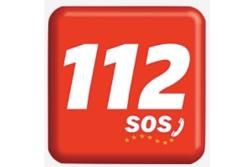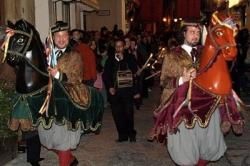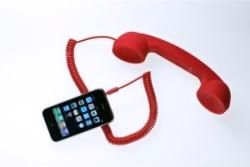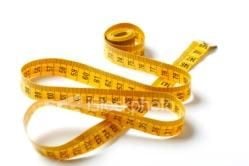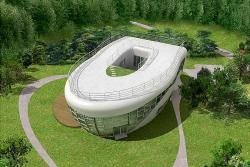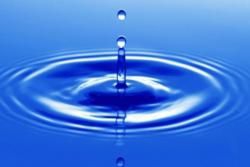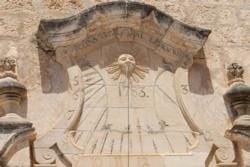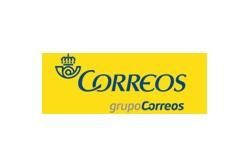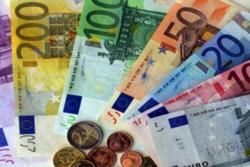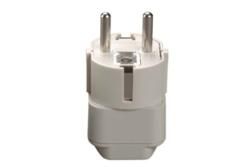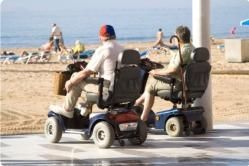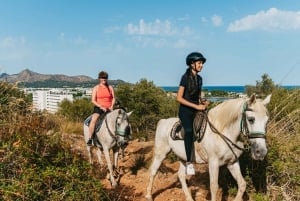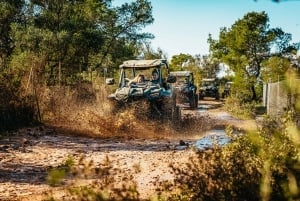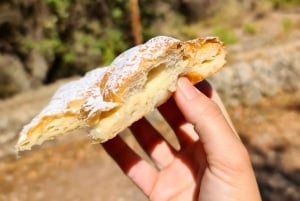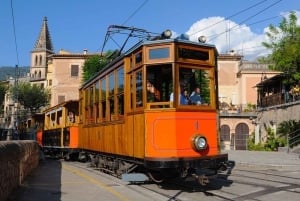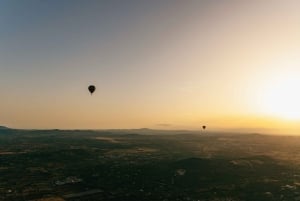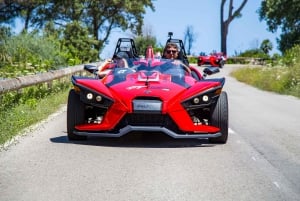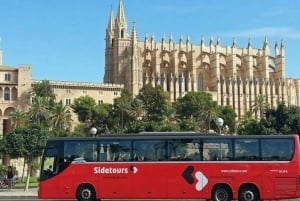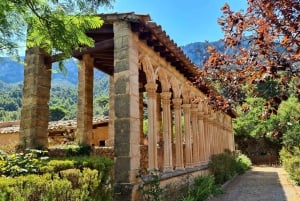Practical information
Our collection of handy tips and basic information to help you plan your trip to Mallorca and to ease your path once you arrive:
In the event of an emergency of any kind, dial 112 from any phone and the Balearic Emergencies Service will attend to you in four languages (English, Catalan, Spanish and German). The Service co-ordinates all calls for ambulances, fire brigade and security forces through this telephone number to provide a rapid and effective response. All calls to this number are free.
Business opening hours in Mallorca are generally from 09.30 to 13.30 and from 17.00 to 20.00 during the week, and from 09.30 to 13.30 on Saturdays. Most shops are closed on Sundays, although changes in the law for 2012 may result in some local variations. Most department stores and supermarkets remain open all day. Banks and post offices close for the day at 14.00 and banks do not open on Saturdays in summertime. On the other hands, bars, discos and clubs may be open until 03.00 or 04.00 in season!
In common with the rest of Spain and much of Europe, the currency in Mallorca is the Euro. Coins in circulation are 1, 2, 5, 10, 20, and 50 cents, plus 1 and 2 Euros while there are notes for 5, 10, 20, 50, 100, 200, and 500 Euros. There's no restriction on cash movements, but amounts greater than 6011 Euros entering or leaving Spain must be declared.
Most establishments will accept the major credit and debit cards and there are numerous banks and ATM's (multilingual services) where you can obtain cash. You can also exchange currency at forex outlets, some hotels and restaurants, and at banks - the best rates are from banks. When changing currency or when using a credit/debit card, you will often be asked for some form of photo identification (even if your card is PIN protected).
Electricity in Mallorca is supplied at 220 volts AC and the standard connector is the European 2 pin plug, although you may come across variations in older properties. Most visitors from Europe will have no difficulty although UK visitors will need an adaptor, and visitors from other countries may need an adaptor and a voltage reduction transformer.
Domestic and hotel tap water supplies in Mallorca are safe to drink but, because the sources of water are usually in concentrations of limestone, the water is inclined to be hard, and may have a mineral taste. It may also be quite heavily chlorinated in some areas. Bottled water is sold almost everywhere and is remarkably inexpensive. Some rural water supplies may not be safe to drink unless marked "potable".
Please be aware that virtually all of Mallorca's water comes from rainfall and aquifers and it's a scarce resource - please don't waste it!
If you shop for clothing or shoes in Mallorca (and you should - the island is famous for leatherwear and footwear), you may be confused by sizes. All good shops will help you, and there are plenty of conversion calculators on the web. Here's a link to one that covers pretty much everything. Clothing and shoe size calculator.
Both fixed and mobile telephone networks are well developed in Mallorca. Supplier charges are reasonable and may be cheaper during the night and most of the weekend. Your hotel room will almost certainly have a phone, but check for surcharges, as these can be exorbitant. Public phones are available - you'll need a good supply of change, a phonecard from most newsagents and tobacconists, or a telephone charge card from your phone company back home. For mobiles, it's usually cheaper to buy a local pay-as-you-go card for use while you're here.
If you want to Skype, message or email, you'll find information about accessing the internet in Mallorca here.
Postal services in Mallorca are well-developed, inexpensive and reliable, if a little slow. You'll find post offices (correos) in every town and in most villages, usually in the main street or close to the main square. Opening hours are usually 09.00 to 14.00 on weekdays only. A full range of services is offered and the Correos website explains these in several languages.
Although things have improved in recent years, facilities for disabled travellers in Mallorca do lag behind most other European countries. Most hotels are properly equipped and many have special rooms available, and all the airlines will offer assistance. However, many buses are not equipped for wheelchairs, and we don't know of any vehicle rentals with adaptations. Toilet facilities are improving, but many restaurants in old buildings with limited space simply cannot adapt. On the plus side, there are several hire companies who stock mobility devices and other aids. The best advice we can offer to disabled travellers is to carefully research their needs before departure.
You'll find public toilets in Mallorca in places like shopping centres, transport hubs, attractions, and some well developed beaches, Elsewhere, they are few and far between. However, help is at hand as every café, bar, or restaurant is required by law to provide access to the facilities - usually called "servicios", also "lavabos". There'll be separate facilities for men and woman, although the signage may need careful scrutiny, but seldom for disabled folk.
Public holidays and local feast days in Mallorca may disrupt your travel plans because, outside main resort areas, almost everything shuts. The 15 or so national and regional public holidays are well publicised, as are the bigger fiestas, but the dozens of local festivals may catch you out. We'll do our best to publish these in our Mallorca Events section, and you should also keep an eye on the local press.


